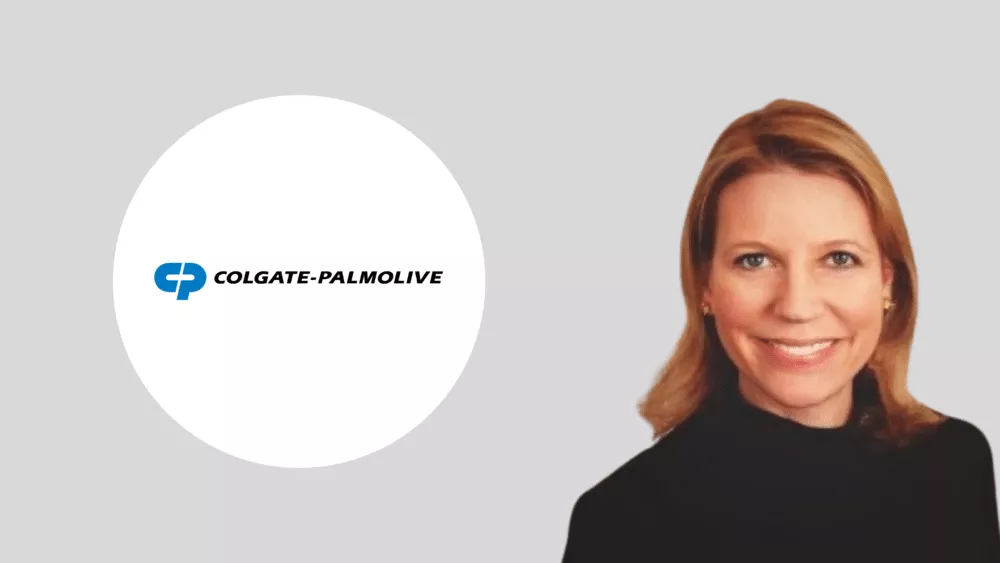For HR teams, collecting data is not a new concept. From gathering and storing employee information to measuring organisational culture, data is essential to any HR function.
But, collecting that data is only half the battle. Figuring out how best to analyse it, deciding what kinds of questions to ask about it, and showing people how to use that data are all key actions. Also essential is developing a data-driven mindset across the entire organisation.
To help Colgate-Palmolive’s HR team achieve all of these things, we developed two solutions, one of which was our Data Champions programme. We asked Colgate-Palmolive’s Director of Global People Analytics, Courtney McMahon, to reflect on what her team learned.
Avado: How has the HR team at Colgate-Palmolive transformed since completing Data Champions with Avado?
Courtney: We started the Data Champions programme with mid and senior level HR professionals to begin developing the key HR skill of data literacy. We started there to encourage leaders to prioritise using data to make decisions, and set an example for their teams. Since we kicked off the programme in early 2020, we are all taking the first step in our transformation, which is asking more questions about the information we collect and how to put it to use. If we’re able to better understand that through data analysis, we can answer questions about what happened and why, what we predict is coming next and what the best action might be. For example, we are looking more closely at turnover data trends and survey results at different points in time for multiple demographic groups. That can help us decide how to prevent regrettable loss.
A: What challenge were you trying to solve for your HR team?
C: We were and still are trying to build the data literacy muscle across HR. A wise person on LinkedIn once said that data literacy is to the 21st century what literacy was in the past century. I believe this! It is that important. We should all be able to understand basic data definitions, find meaning in numbers and have the ability to communicate insights. We can’t just collect data. We need people to put it to use.
A: How has a data-first mindset impacted the entire organisation?
C: The entire organisation has shifted its mindset to be more data driven because we know it will drive our growth. I think it’s made us ask more questions about data accessibility – from external consumer data to data about job candidates to internal data from surveys, for example. We realise that more people need access to data to allow our company to grow.
A: What potential insights have excited your team most after approaching work with their new data mindset?
C: We have tremendous energy around insights that labour market data have brought to the table to boost recruiting efforts, but also to understand emerging and declining skills so we can better plan. In addition, we’ve been leveraging assessments to understand current skills and skill gaps.
A: What data-specific things have you implemented that have had a measurable impact?
C: Through internal and external research, we believe that change in inclusion starts at the manager level and it’s critically important that all managers feel accountable for upholding equity and inclusion. Beginning in 2021, all of our people managers have an individual objective focused on creating an inclusive team or enhancing their capacity to become more inclusive. We also rolled out training on unconscious bias and allyship, as well as manager inclusivity training. We continue to measure the progress on our DE&I efforts through achievement of these manager objectives, completion of DE&I training, diverse representation, listening sessions and survey results.
A: How do you think data will continue to grow in importance for Colgate-Palmolive’s HR team?
C: People will realise, through experience, the power of data when working with business leaders, especially when we can create new connections between talent data and business outcomes. Some of us will become better data storytellers as a result. We will be able to translate the numbers and explain what the data is saying in a way the business can understand. A key prerequisite for that storytelling is business acumen and understanding the fundamentals of how the business operates. We in HR can set ourselves up for success and support our partners in the business by leveraging storytelling and business acumen. We can also use human judgement and experience to help the business decide what actions to take next.
About Avado
At Avado, we believe that true transformation isn’t digital, it’s human. We build professional future skills to help diverse talent access and accelerate careers through award-winning learning experiences that deliver tangible and measurable impact. We upskill people, uplift culture and future-proof organisations in a fast-moving world.
Avado is proud to be a people-transformation partner to some of the largest and most innovative organisations in the UK including: Google, BT, NHS, British Airways, UK Civil Service, Legal & General and AstraZeneca.
To find out more, visit www.avadolearning.com
 5 min read
5 min read 




